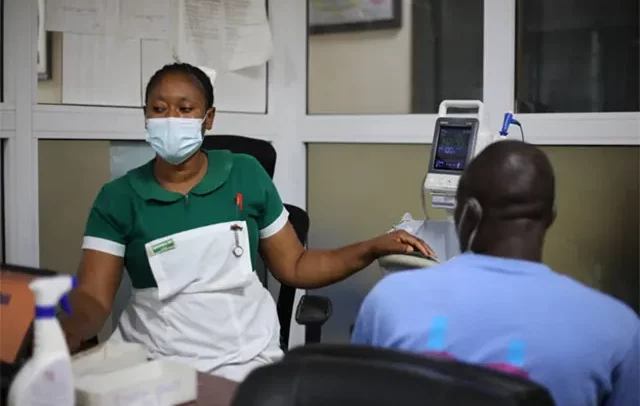
A man undergoing screening
The Greater Accra Regional Hospital (GARH) has started free prostate cancer clinical screening sessions for men to promote early detection, as part of activities marking Prostate Cancer Awareness Month.
The screening exercise, which was held on Friday, September 19, will also continue on Monday, September 29, 2025, at the hospital’s Outpatients Department.
In an interview with the media, Dr. Leslie Issa Adam-Zakaria, Acting Medical Director of the Greater Accra Regional Hospital, said given the increasing cases recorded, there was the need for the hospital to continuously create awareness about the disease.
“The challenge we face is that many of our patients are diagnosed too late when the disease has already spread beyond the prostate gland. At that point, it can no longer be cured, only managed. The goal is to detect the disease early through regular screening, when it can be treated effectively and cured,” he explained.
He reiterated the importance of dedicating September to prostate cancer awareness, saying it is an opportunity to encourage more men to get screened while ensuring that those affected are cured on time.
Dr. Adam-Zakaria, however, indicated that despite commitment by staff, the hospital lacks significant infrastructure and equipment that affect service delivery, pointing to essential diagnostic tools that are currently non-functional.
He added that the lack of functioning equipment forces patients to rely on expensive private facilities for diagnostic services, increasing both their financial burden and the pressure on the public healthcare system.
Dr. Foli Ashiagbor, urologist at the Greater Accra Regional Hospital, also emphasised that prostate cancer is among the most common cancers affecting men between the ages of 50 and 74, with approximately seventy percent of them diagnosed with prostate cancer.
He also raised concerns about late presentation, noting that preliminary data from the hospital indicates that sixty percent to seventy percent of prostate cancer patients are diagnosed at advanced stages and, therefore, urged people to report for early screening.
Read Full Story

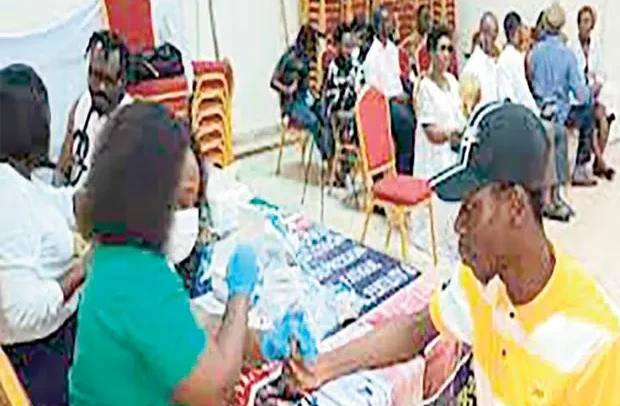
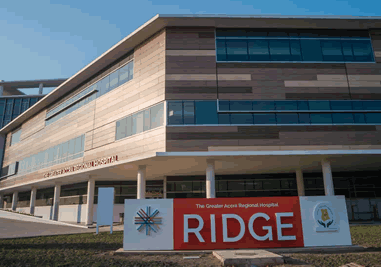
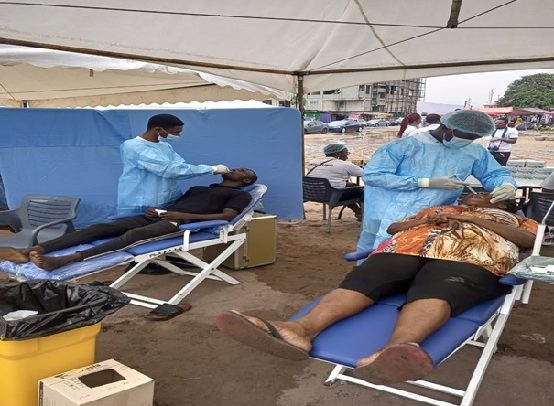
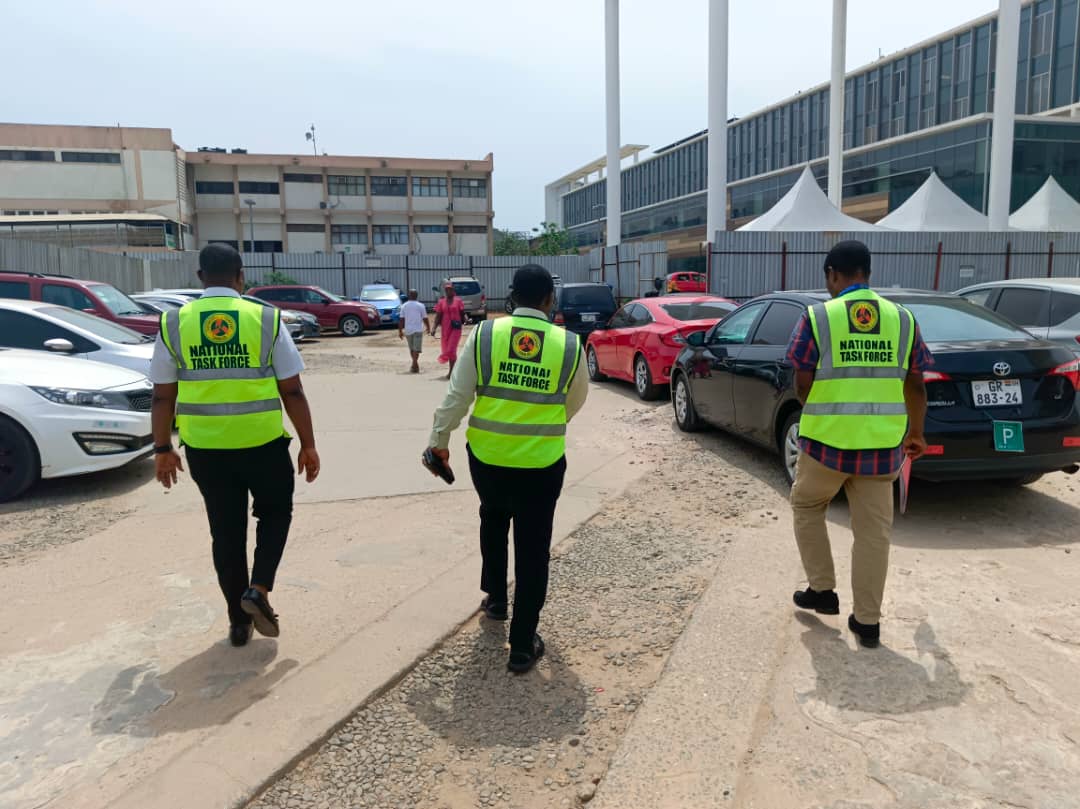
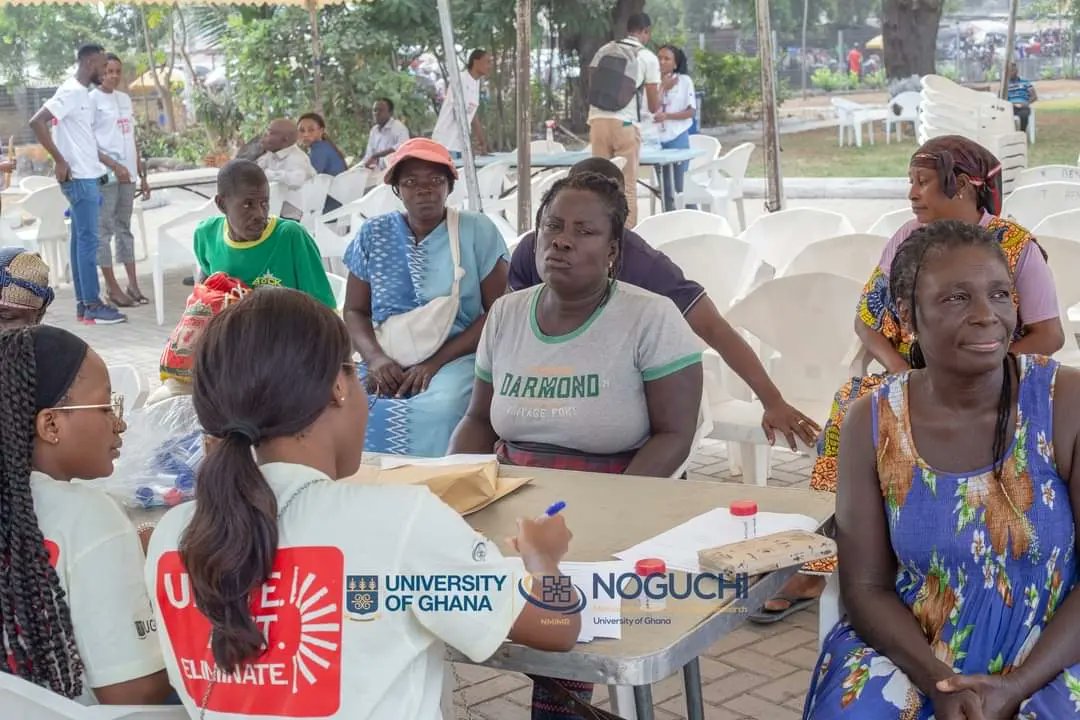















Facebook
Twitter
Pinterest
Instagram
Google+
YouTube
LinkedIn
RSS